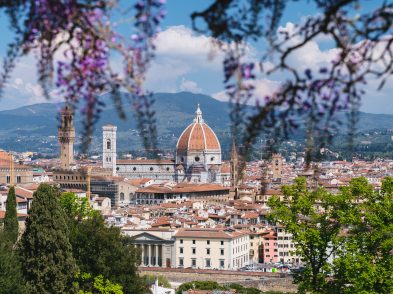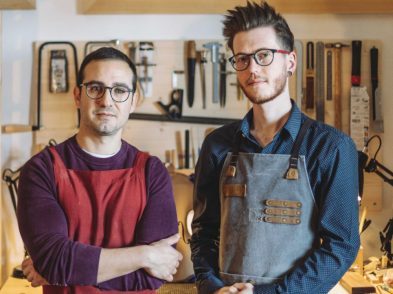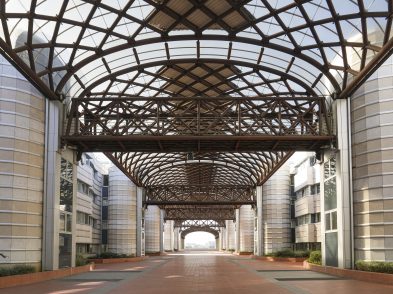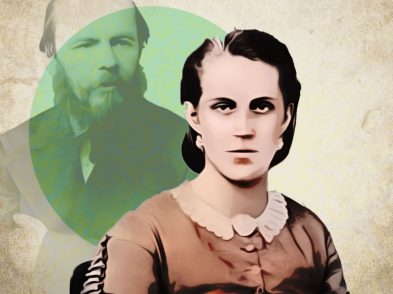In the heart of the charming Oltrarno, Florence’s hip arts and culture district, stands the Palazzo Lanfredini, a 16th-century edifice with windows looking out onto the historic river. Inside the edifice is the Harold Acton Library, Continental Europe’s largest loaning library of English books, many combining British and Italian culture. Established in 1917 by a group of Anglo-Italian scholars and the oldest institute of its kind in the world, the three floors of the palazzo originally devoted to countering anti-English propaganda by a circle of intellectuals have lovingly become known in Florence as il British.
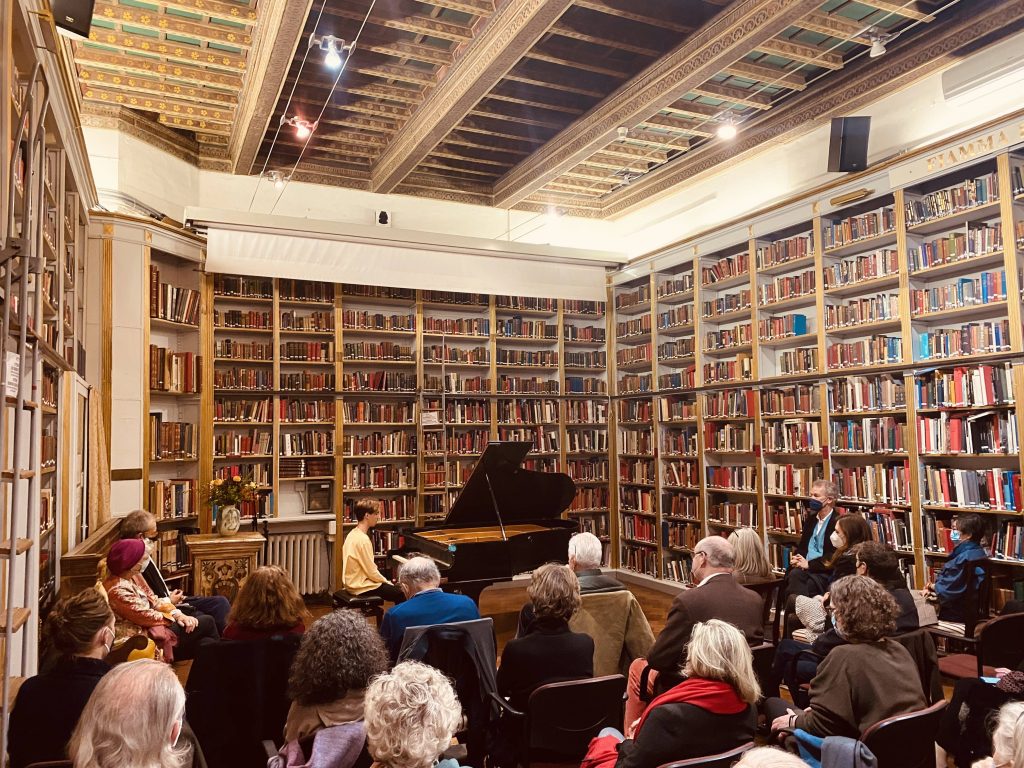
Today, The British Institute of Florence is led by Simon Gammell, an educator, cultural ambassador and a thespian at heart. Following a 30-year worldwide career with the British Council, Simon returned to his beloved Florence where, years before, after graduating from Cambridge and teaching studies at the University of London, he created a notable Anglo-Italian theatre group. Simon’s sense of the warmly theatrical now colours the British Institute with cultural, musical, literary and language offerings. Il British on the Oltrarno is a beating heart of camaraderie and learning, a club for the culturally hungry, where everyone is welcome.
The best-known and most admired element of il British is its library. Featuring a staggering collection of books, both historic and contemporary, the rooms are an architectural dream of towers of tomes in a palatial setting, featuring some 50,000 volumes. The library has been the scene of cultural offerings for more than 100 years, and today offers English studies, musical presentations, meet the author events, Lungarno Chats with Florentine Morgan Fiumi discussing contemporary happenings in Florence, the Wednesday lecture series that have in place for more than 50 years, and traditional afternoon tea overlooking the glittering Arno. Culture here is international in nature and the institute is a gateway to a deeper Florence experience, given its profound relationship with the city and having been embraced by culturally choosey Florentines. Historically, those who found Victorian England not liberal enough for their lifestyles encountered an accepting environment in Florence, and the relationship between Florentines and the British has been a longstanding and mutually admiring one.
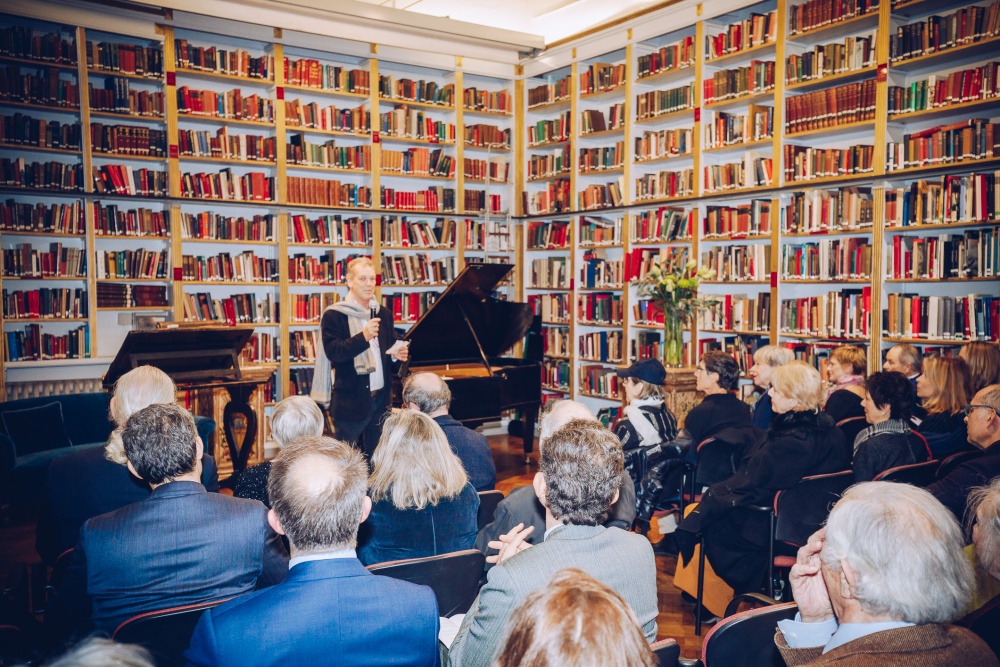
While The British Institute’s Palazzo Lanfredini has long been regarded as a study centre, realization quickly dawned that academic research is now mainly conducted online and that, if the library aspect of the institute were to survive, it would need to be much more than just a “library” in the traditional sense. Gammell grasped that the institute’s greatest asset is its library, not just for the collection, but for the physical space, and that space needed to have offerings that would bring people in as a “living” library. He made it a point to ensure that there were no parameters as to who would be encouraged to join in the experiences being offered. A flagship series at the institute are the musical offerings in an acoustically superior environment. One cannot help but wonder if the combination of wood and human spirits embodied in those towers of books act as a perfect reflector for the live sounds made by international artists sharing their musical art. The sound in the library, whether it be that of the piano, voice or other instruments, is warm and embracing. Every note is wrapped in the silky tones that make the place somewhere musicians wish to play. The intimate exchange of artistic ideas in the salon harkens back to a time where music was a personal experience and, being at a performance in the library, one really does get lost in time. There is a wonderful sense of time travel when sitting in such surroundings listening not only to classical fare, but also contemporary music, as will be the case this February.
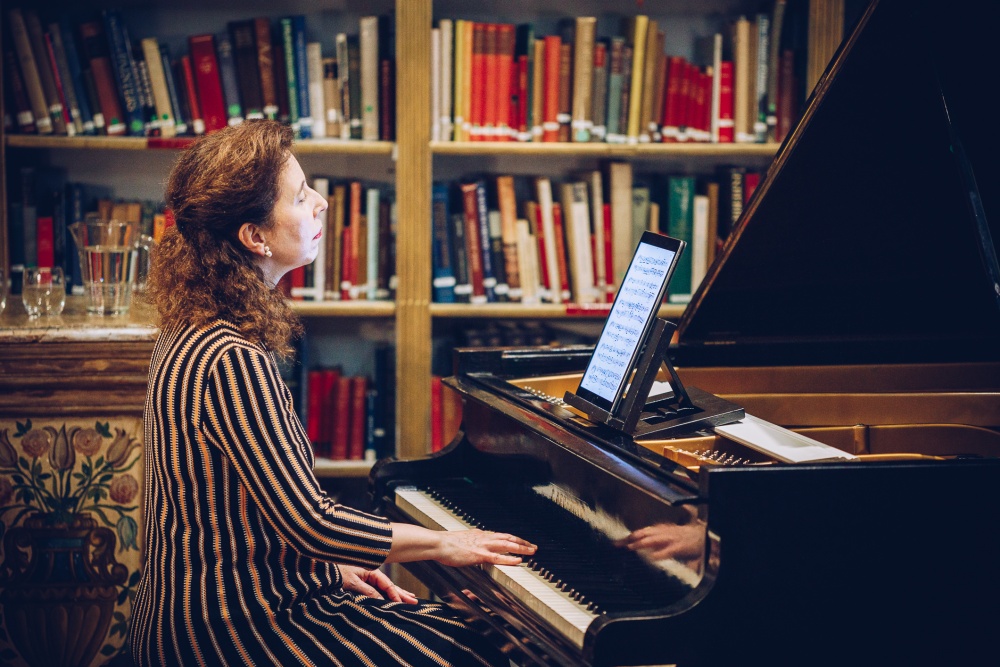
Stefano Maurizi, a jazz pianist of international renown with Florentine roots, credits his love of music to his Lebanese grandfather, who was a scholar and music lover. With an early education in classical piano, Stefano’s musical curiosity opened the door to his interest in contemporary jazz. At 16, he began studying with Luca Flores, considered to be the most innovative of Italian jazz pianists who had collaborated with the likes of Chet Baker, among others. Maurizio later studied composition at the world-famous Fiesole music school, where he encountered Ennio Morricone in a masterclass setting studying the composition of music for the movies. This class was seminal to Maurizio’s development as it led to the exploration of music in relation to the moving image. This interest resulted in collaborations with major international artists examining the visual in sound. Maurizio’s concert at The British Institute on February 13 will be a thrilling exploration in a venerable setting. No doubt the concert will be a sell out as is generally the case for other recent events at the library. In fact, Simon tells me that events are currently enjoying the highest attendance rates since programming began, which is quite a feat given that many artistic institutions are still fighting to have patrons return in significant numbers after the pandemic years.
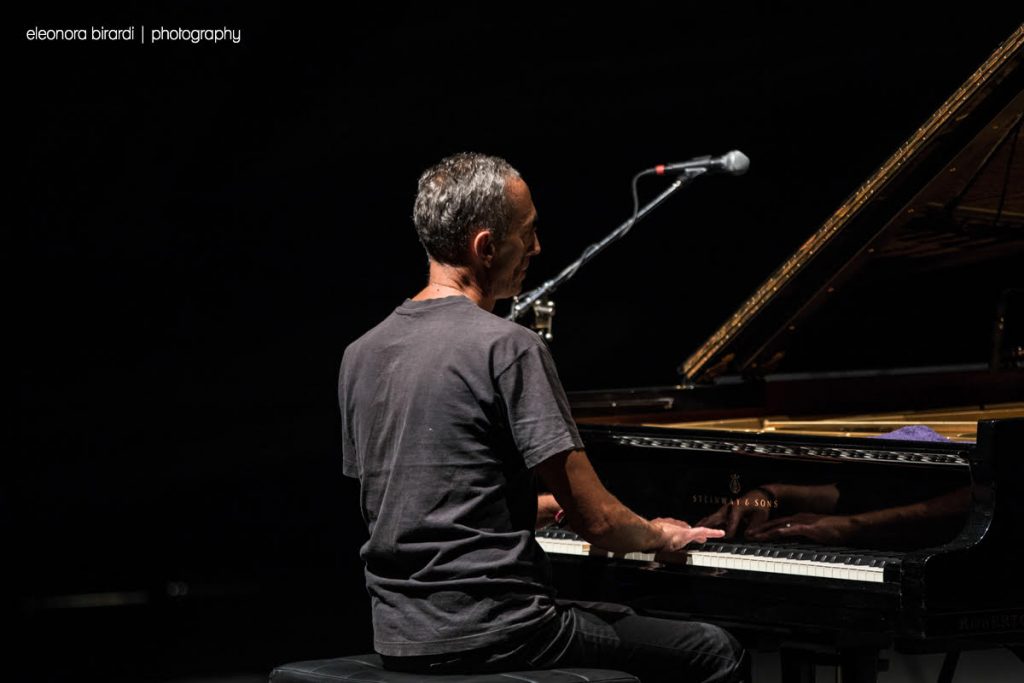
Musical programs at il British are high-quality, international, and cover both contemporary and classical offerings. The partnerships are significant too. One is with Mascarade Opera, the Florentine opera studies program with upcoming young international artists. A recent addition to the city’s music scene, the school was founded by a group of British musical and artistic entrepreneurs who make their home base in Florence. Concerts feature young, extremely gifted singing artists in an operatic repertoire that is simultaneously Tuscan and international. It is a particular joy to be able to listen to a beautiful voice in a cozy setting. Another collaboration is with the London-based Keyboard Trust, which provides concert experience to emerging pianists of the highest caliber. Winners of leading international piano competitions are regular performers and leave the audience at the Harold Acton Library moved and astonished. There is a relationship with the internationally renowned cellist Roger Lowe. Gammell always has his eye out for local talent to present to the institute’s public.
One of the wonderful things about il British is that the institute is open to partnerships. If there is a quality idea, Simon is willing to engage with it: interesting lectures perhaps, presentations about art or life in Florence, things Anglo-Italian or simply international, anything that might be of interest to an audience hungry for knowledge and engagement. In fact, il British is one of Florence’s most vibrant cultural gems, which is why it is worth signing up to their mailing list. Every week, without fail, something pops up that is new, different, and a truly Florentine and international experience.


